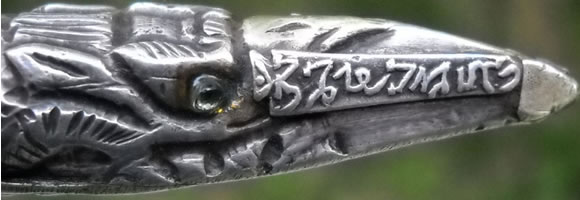Heb os nac oni bai is a Welsh expression I heard on the radio this morning that means ‘without (a) doubt’ or ‘definitely’, or literally ‘without an if or an unless’. From the context and the meanings of some of the individual words I was able to work out the meaning of the phrase, though I wasn’t sure about oni bai. Now I know it means ‘unless’ or ‘without’.
Here are a few examples:
Heb os nac oni bai , mae i ffermio le canolog mewn datblygu cynaliadwy.
Without doubt , farming has a central role to play in sustainable development.
Heb os nac onibai , mae gagendor iechyd amlwg wrth ystyried clefyd y galon.
Without a shadow of a doubt , the health divide is obvious when considering heart disease.
Dirwasgiad mewn gweithgynhyrchu yw hwnnw , heb os nac oni bai.
If that is not a recession in manufacturing , I do not know what is.
From: http://mymemory.translated.net
Another way to express this meaning in Welsh is: does dim dwywaith / nid oes dwywaith = there are no two ways about it, without question
A similar is English is ‘no ifs or buts’, though this means ‘no reservations, restrictions or excuses’ rather than ‘without doubt / definitely’. Welsh equivalents of ‘no ifs or buts’ include nid oes amheuaeth and nid oes unrhyw ‘os’ neu ‘oni bai’ [source].
According to dict.cc Wörterbuch, the German equivalent of ‘no ifs or buts’ is ohne Wenn und Aber (‘without if or but’), which is translated as ‘unconditionally; no ifs, no buts; no muss, no fuss; without fuss or quibble; no strings attached’. I haven’t heard of ‘no muss, no fuss’ or ‘without fuss or quibble’ before but like them a lot, especially quibble.
Are the similar phrases in other languages?
